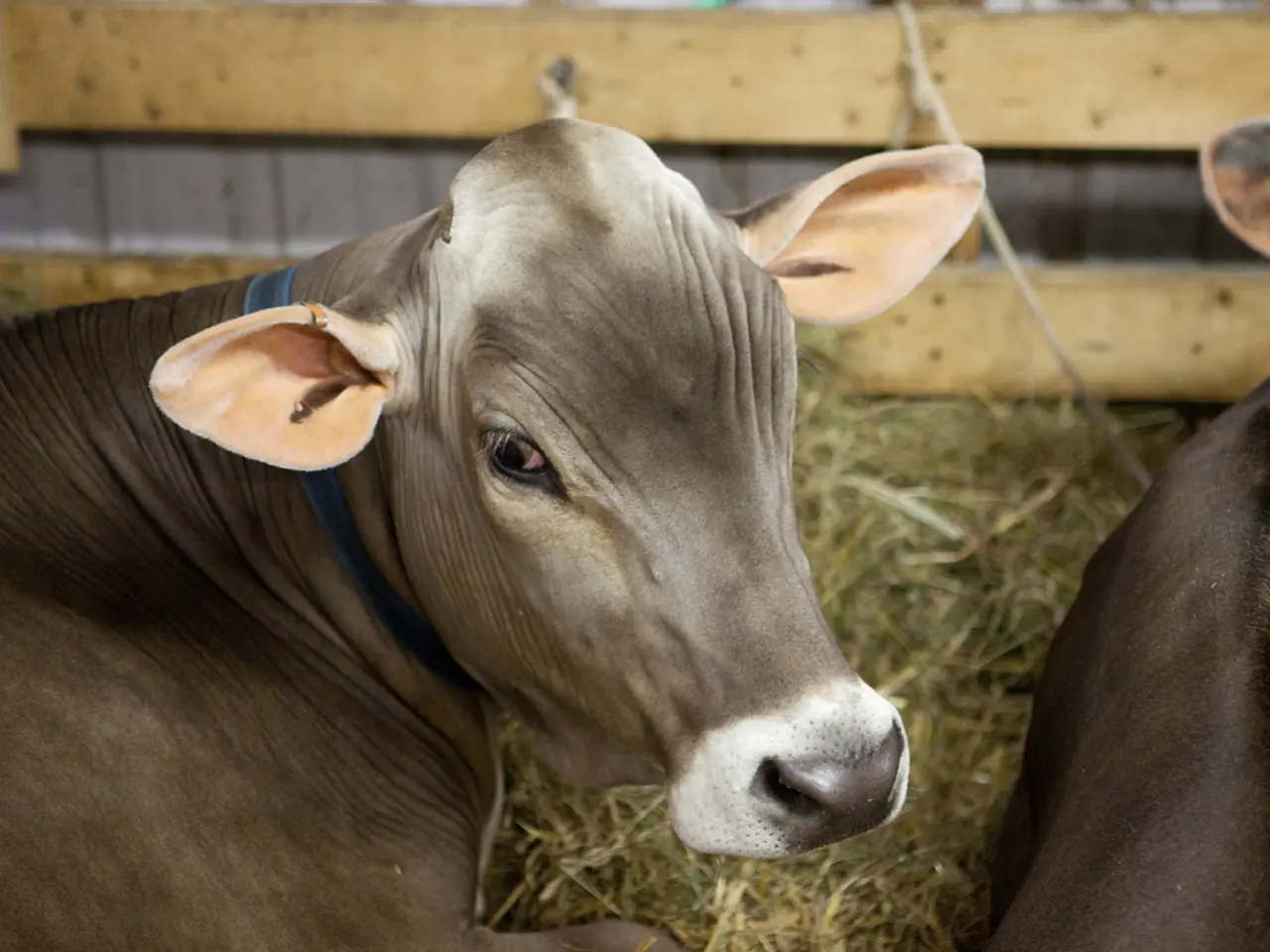Indonesian authorities instruct enterprises to contribute towards the upkeep of a million cows
Indonesia is embarking on an ambitious plan to significantly increase its national herd of dairy cows, with the goal of more than quadrupling the current figure of 220,000. The agriculture ministry has put pressure on private companies to fund the imports of one million dairy cows over the next five years, at a cost of nearly US$3 billion.
The government has made it clear that it will not allocate funds for the import of live cattle. Instead, it is relying on private investments and cooperatives to make this ambitious plan a reality. Under the scheme, investors and cooperatives share revenues, with returns expected in about three-and-a-half years.
Each dairy cow costs around 45 million rupiah (US$2,800), including purchase and six months of care. Progress in the import of dairy cows has been slow, with only 11,375 imported by end-July, all from Australia.
To encourage participation, some companies have reported feeling compelled to take part in the cattle import program for fear of repercussions, such as delays in securing import licences for their core businesses. As a result, at least one company's import licence request was only approved after it raised its cattle commitment.
The Indonesian Association of Animal Protein Entrepreneurs (APPHI) has also invested in the purchase of 160 cows, despite having no prior experience with live cattle. The APPHI members have handed over the management of the cows to the cooperatives.
One such cooperative, Laras Ati, now houses over 200 pregnant Holstein-Friesian cows from Australia. Another 160 cows have been sent to a co-op in East Java.
However, concerns have been raised about the current infrastructure in Indonesia not supporting the necessary animal welfare standards. Adam Petty, founder of Dairy Livestock Exports, has expressed his concerns in this regard. Rochadi Tawaf, adviser to Indonesia's Cattle and Buffalo Breeders Association, also warns against relying on inexperienced firms for the dairy herd expansion program.
The government's ultimate goal is to reduce its dependency on imported milk powder from countries like Australia, New Zealand, and the US. As of May, 196 businesses have pledged to import cows, according to ministry data. The agriculture ministry sent a communique to over 200 private businesses in November 2021, asking them to commit to importing cattle to support the free meals programme.
The Deputy Minister of Agriculture in Indonesia stated that there is a significant demand for meat and milk, opening the opportunity for many investors. The success of this ambitious plan will depend on the cooperation of private companies and the ability to ensure proper animal welfare standards.
Read also:
- Understanding Hemorrhagic Gastroenteritis: Key Facts
- Stopping Osteoporosis Treatment: Timeline Considerations
- Trump's Policies: Tariffs, AI, Surveillance, and Possible Martial Law
- Expanded Community Health Involvement by CK Birla Hospitals, Jaipur, Maintained Through Consistent Outreach Programs Across Rajasthan







